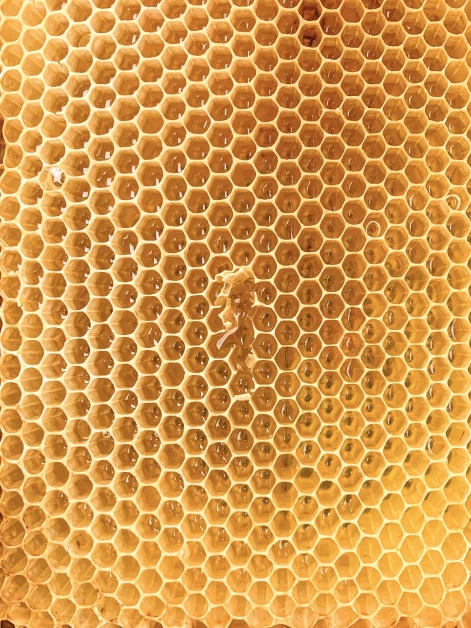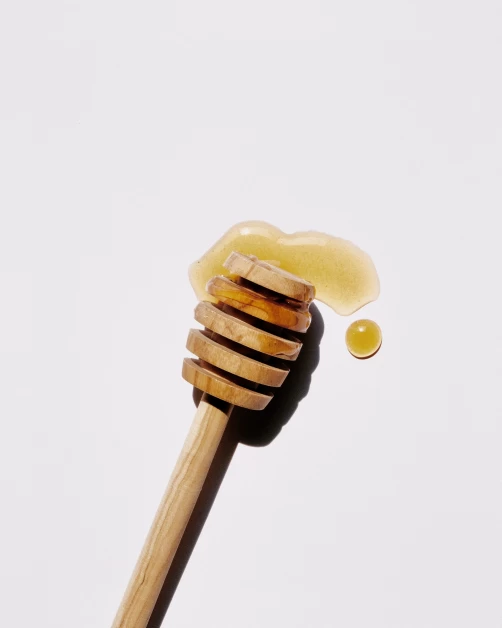Table of Contents
Introduction
In recent years, there has been growing interest in the potential health benefits of Manuka honey. This special type of honey, made from the flowers of the New Zealand Manuka tea tree, is known for its unique properties and beneficial compounds. One area where Manuka honey is gaining attention is its potential use as a natural remedy for depression. In this article, we will explore the connection between Manuka honey and depression, and how it may be used to support mental health.
The Link Between Manuka Honey and Depression
Depression is a common mental health disorder that affects millions of people worldwide. It is characterized by persistent feelings of sadness, hopelessness, and a lack of interest or pleasure in activities. While there are various treatment options available for depression, including therapy and medication, some individuals may seek natural remedies to complement their conventional treatments.
Manuka honey, with its unique composition and beneficial compounds, has shown promise as a potential natural remedy for depression. Although scientific research on the specific effects of Manuka honey on depression is limited, several factors suggest its potential efficacy:
-
Antioxidant and Anti-inflammatory Properties: Manuka honey is rich in antioxidants and has potent anti-inflammatory properties. Both oxidative stress and inflammation have been linked to depression. By reducing oxidative stress and inflammation in the brain, Manuka honey may help alleviate symptoms of depression.
-
Neuroprotective Effects: The bioactive compounds found in Manuka honey, such as methylglyoxal (MGO) and leptosperin, have been shown to have neuroprotective effects. These compounds may help protect the brain from damage and promote its overall health and function.
-
Gut-Brain Axis: The gut-brain axis is the bidirectional communication pathway between the gut and the brain. Emerging research suggests that imbalances in the gut microbiota may contribute to the development of depression. Manuka honey, with its prebiotic properties, can help nourish the beneficial bacteria in the gut and support a healthy gut-brain axis.
-
Mood-Boosting Effects: Honey, in general, has been used for centuries as a natural remedy for various ailments, including mood disorders. The natural sugars found in Manuka honey can provide a quick energy boost, which may help improve mood and overall well-being.
While more research is needed to fully understand the effects of Manuka honey on depression, these factors suggest that it may have a positive impact on mental health.
How to Use Manuka Honey for Depression
If you’re considering using Manuka honey as a natural remedy for depression, it’s important to incorporate it into your daily routine in a safe and effective manner. Here are some tips on how to use Manuka honey for depression:
-
Choose High-Quality Manuka Honey: When selecting Manuka honey, look for reputable brands that provide high-quality, authentic Manuka honey. Check for the Unique Manuka Factor (UMF) rating, which indicates the quality and potency of the honey. Aim for a UMF rating of 10 or higher for maximum benefits.
-
Start with a Low Dose: If you’re new to using Manuka honey, start with a small dose to assess your tolerance and how your body responds. Begin with a teaspoon of Manuka honey per day and gradually increase the dosage if needed.
-
Take Manuka Honey on an Empty Stomach: To maximize the absorption of the beneficial compounds in Manuka honey, take it on an empty stomach. This allows the honey to bypass the digestive enzymes and be quickly absorbed into the bloodstream.
-
Incorporate Manuka Honey into Your Diet: There are various ways to incorporate Manuka honey into your diet. You can stir it into your morning tea or coffee, drizzle it over yogurt or oatmeal, or use it as a natural sweetener in recipes. Be mindful of the added sugar content and adjust your overall sugar intake accordingly.
-
Be Consistent: Like any natural remedy, consistency is key. To experience the potential benefits of Manuka honey for depression, incorporate it into your daily routine and give it time to work. Monitor your mood and overall well-being to assess any changes or improvements.
Precautions and Considerations
While Manuka honey is generally safe for consumption, it’s important to keep a few precautions and considerations in mind:
-
Allergies: If you have a known allergy to bees or honey, it’s essential to avoid Manuka honey or consult with an allergist before using it.
-
Sugar Content: Manuka honey, like all honey, is high in natural sugars. If you have diabetes or need to monitor your sugar intake, it’s important to use Manuka honey in moderation and consider its impact on your overall diet.
-
Interaction with Medications: If you’re currently taking medication for depression or any other medical condition, it’s crucial to consult with your healthcare provider before incorporating Manuka honey into your routine. Some medications may interact with honey or its components, and your healthcare provider can provide personalized guidance.
-
Not a Replacement for Professional Treatment: While Manuka honey may offer potential benefits for depression, it is not a replacement for professional treatment. If you are experiencing symptoms of depression, it’s important to seek help from a qualified healthcare professional who can provide an accurate diagnosis and appropriate treatment plan.
Conclusion
Manuka honey, with its unique composition and beneficial compounds, shows promise as a natural remedy for depression. While scientific research on the specific effects of Manuka honey on depression is limited, its antioxidant, anti-inflammatory, and neuroprotective properties suggest its potential efficacy. By incorporating Manuka honey into your daily routine, along with professional treatment and other self-care strategies, you may find it to be a valuable addition to your mental health regimen. Remember to consult with your healthcare provider before making any significant changes to your treatment plan.
Note: The information in this article is for informational purposes only and should not replace professional medical advice. If you are experiencing symptoms of depression, please consult with a qualified healthcare professional.



